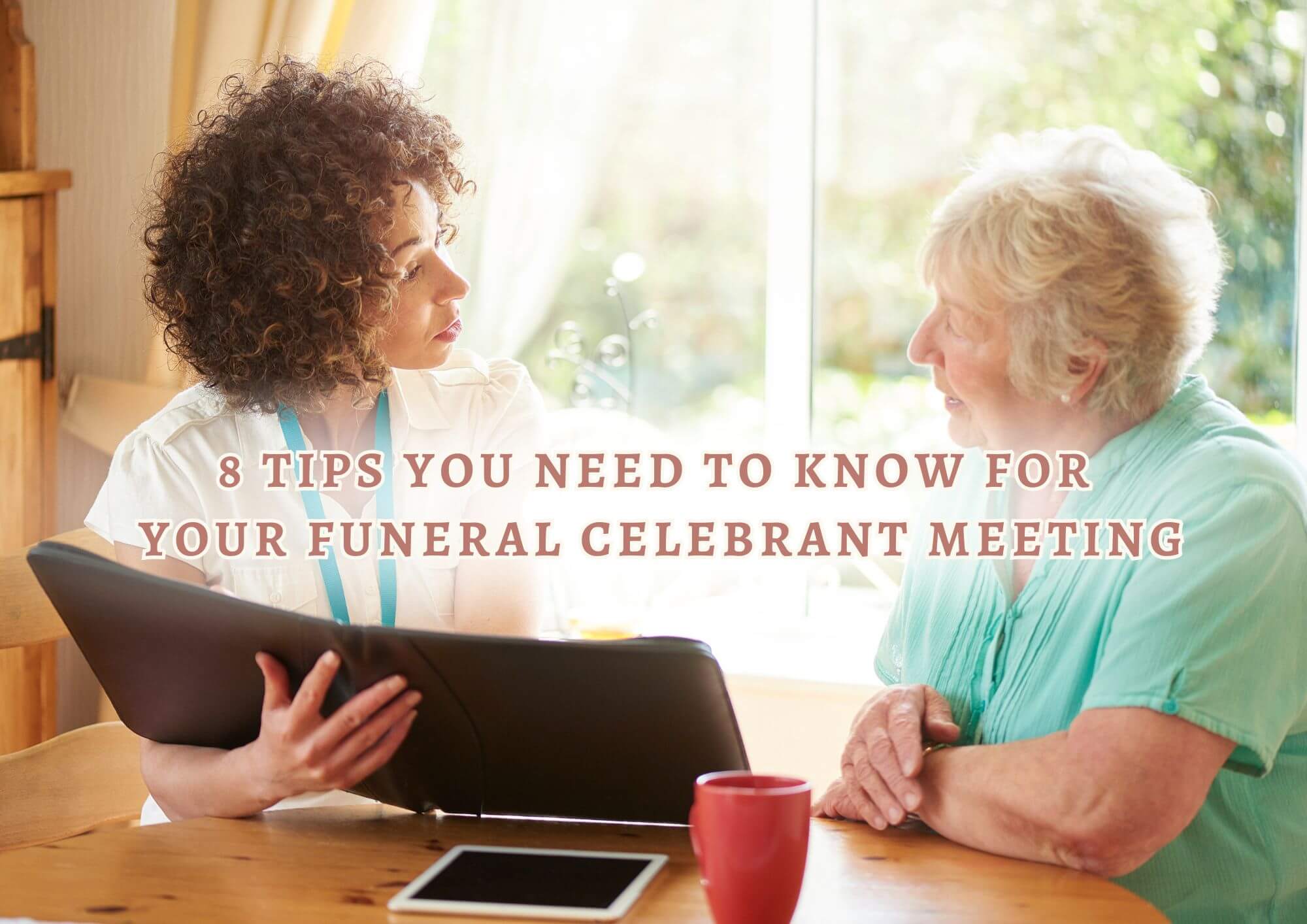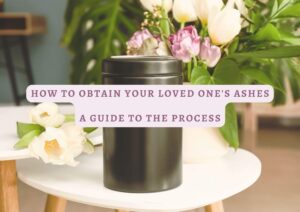8 tips you need to know before speaking with your funeral celebrant
When it comes to commemorating a loved one’s life and honouring their memory, a funeral service plays a pivotal role. As your funeral director, we can put you in touch with a funeral celebrant.
Funeral celebrants are individuals trained to either MC (master of ceremonies) the day, having the family do tributes/eulogies etc.. or create and officiate personalised funeral tributes/eulogies and services that reflect the unique life and personality of the deceased. Our celebrant’s, when they meet with you will open a conversation with you, asking what role you want them to have on the day of the funeral. If you wish for them to play a major part, by crafting a meaningful and memorable funeral service, they will then dive into the history and life story of your loved one and create a beautiful everlasting tribute story.
In order to Craft a Meaningful Funeral Service, you can share the following information with our funeral celebrant
1. Biographical Information
The foundation of any meaningful funeral service is a thorough understanding of the deceased’s life.
Our Funeral celebrants will gather essential biographical details such as:
Full name, including any nicknames or aliases
Date and place of birth
Date and place of passing
Immediate family members’ names and relationships
Educational background
Career history and significant professional achievements
Hobbies, interests, and passions
Travel, favourite sayings
Milestones, accomplishments and significant life events
This information will help your our funeral celebrant create a eulogy and service that reflects the person’s unique journey through life.
2. Personal Anecdotes
To make the funeral service more personal and engaging, our funeral celebrants often rely on anecdotes and stories shared by family and friends. These stories can highlight their loved one’s character, values and the impact they had on others. Collecting these anecdotes are a heartwarming way to remember your loved one and their contributions to those around them.
3. Values and Beliefs
Understanding the religious or spiritual beliefs, if any, of your beloved and their family is crucial. Some may want a traditional religious service, while others may prefer a secular or non-religious approach. This information ensures that the funeral service aligns with the deceased’s beliefs and preferences. Our funeral celebrant can incorporate some religious elements for you.
4. Music and Readings
The choice of music and readings can deeply influence the atmosphere of the service. Knowing the deceased’s favourite songs, poems or passages from literature can help our funeral celebrant select appropriate elements that resonate with the individual and the attendees.
5. Cultural and Ethnic Traditions
Many people have strong cultural or ethnic ties that they want to be honoured in their funeral service. Our funeral celebrants are aware of cultural or religious customs, rituals or traditions that the family wishes to incorporate.
6. Special Requests
Sometimes, the deceased or their family may have specific requests for the funeral service. This could include the release of doves, a candle lighting ceremony or any other unique elements that hold personal significance. Our funeral directors and celebrant’s are there to accommodate these requests.
7. Gathering Logistics
Our funeral celebrants work with us the director’s to know the logistical details of the funeral, such as the date, time, and location. Additionally, they are informed about any special arrangements, like the order of events or any specific roles or responsibilities assigned to them during the service.
8. Family’s Wishes
The family’s input and desires should be at the forefront when planning a funeral service. Our funeral celebrant will be in close communication with the family to ensure that the service aligns with their vision and helps them find closure during a challenging time.
Our funeral celebrant’s role is to create a meaningful, personalised and respectful funeral service that honours the life and memory of the deceased. To accomplish this, they must gather essential information about the individual, their values and the wishes of their loved ones. By understanding the biographical details, personal anecdotes, values and beliefs of the departed….our funeral celebrant’s can craft a service that truly celebrates the unique life of the person who has passed away. This personalised approach ensures that the funeral service becomes a heartfelt tribute, providing solace and closure for grieving family members and friends.
We hope that these 8 Tips You Need To Know For Your Funeral Celebrant Meeting have been useful for you. Contact Us today for further information.
Related blog posts
Unique ways to honour your loved ones’ ashes
Why rituals are important in the grieving process






